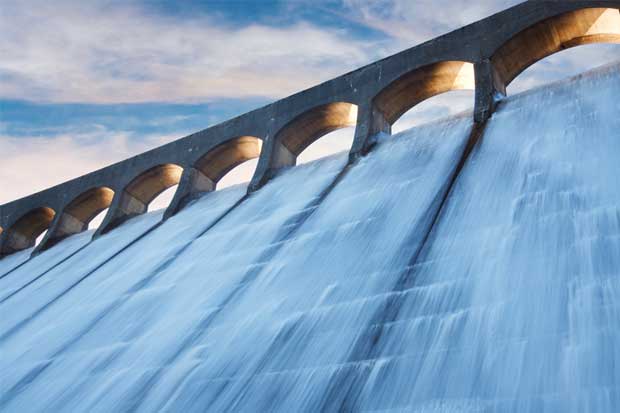Underpowered hydro power
Tuesday, February 14, 2017

If Central American could make reasonable arrangements with local populations, and reduce corruption in awarding major contracts, it could exploit many fast-flowing rivers to produce hydro-electric power, which is cleaner and cheaper than fossil fuels, and more reliable than wind or solar energy.
Meanwhile, conflicts with indigenous people, as well as poor financial controls, are holding back most of the projects currently on the drawing board.
In Costa Rica, the Supreme Court has ruled in favor of indigenous objectors to the Diquís dam, with a capacity of some 600 megawatts.
In Guatemala, Hidro Santa Cruz, a subsidiary of Spanish transnational Ecoener-Hidralia, announced it woud abandon its plans for hydroelectric projects, following eight years of indigenous resistance.
In all, construction of some 14 Guatemalan hydro plants representing total investment of more than $1 billion is reportedly frozen, largely as a result of disputes between developers and local populations.
Another factor holding back development has been concern over corrupt practices.
In Nicaragua, plans were suspended for the 250-megawatt Tumarín hydro project, worth an estimated $1.1 billion, when a federal court in Brazil last year found irregularities in a contract awarded to two Brazilian companies, Queiroz Galvão and state-owned Eletrobras.
Panama’s Changuinola 2 project for its part may face mamjor setbacks, following allegations of bribery against Brazilian developer Odebrecht.
In El Salvador, meanwhile, the El Chapparral project was abandoned by Italian company Astaldi following storm damage in 2010 and years of inertia.
The only hydro project currently proceeding is a Chinese-built dam on Honduras’ Patuca River, part of a commitment by the Honduran government to reach 95 percent of power generation from renewable resources by 2027.
